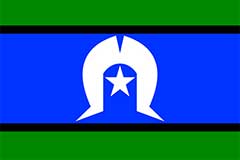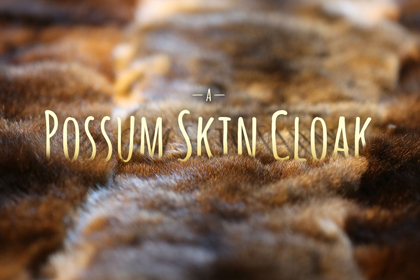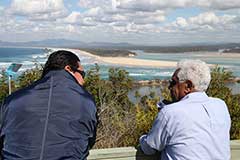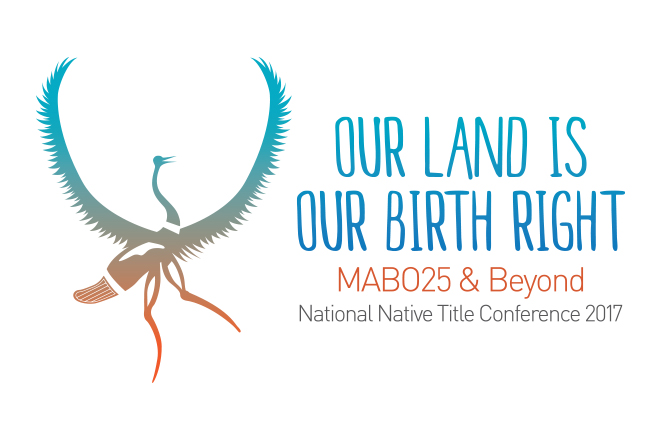Information on Australian languages has been written down from at least 1770, with the collection of words at the Endeavour River by Captain Cook in his voyage up the east coast of Australia.
Many of the early colonists such as Dawes, Tench, Hunter and others also recorded information about the language and customs of Australian Indigenous peoples. In the nineteenth century a number of studies of particular languages were made, one example from New South Wales being Threlkeld's study of the Awaba language, spoken by the people of the Lake Macquarie area. Threlkeld's was a detailed study of a language as a whole.
Others, like Smyth and Curr, continued to record words without necessarily being able to speak the languages and without presenting the background grammar and context. In his history of research into Australian languages Capell referred to such people as 'collectors of words', hence the title of this online exhibition.
These word lists are highly sought after by AIATSIS clients and are presented in this online exhibition for information and ease of access to enable further research. Further information about those who compiled the word lists is given in each section of the exhibition.
References:
- Capell, A. History of research in Australian and Tasmanian languages, in Sebeok, T.A., �?Current trends in linguistics’, vol.8, part 1, 1971; p. 661-720
- Threlkeld, An Australian language as spoken by the Awabakal, the people of Awaba or Lake Macquarie (near Newcastle, New South Wales) : being an account of their language, traditions and customs, Rearranged, condensed and edited, with an appendix, by John Fraser, Sydney:Government Printer, 1892
- Troy, Jakelin, The Sydney language, Canberra : Australian Dictionaries Projects, AIATSIS, 1994




